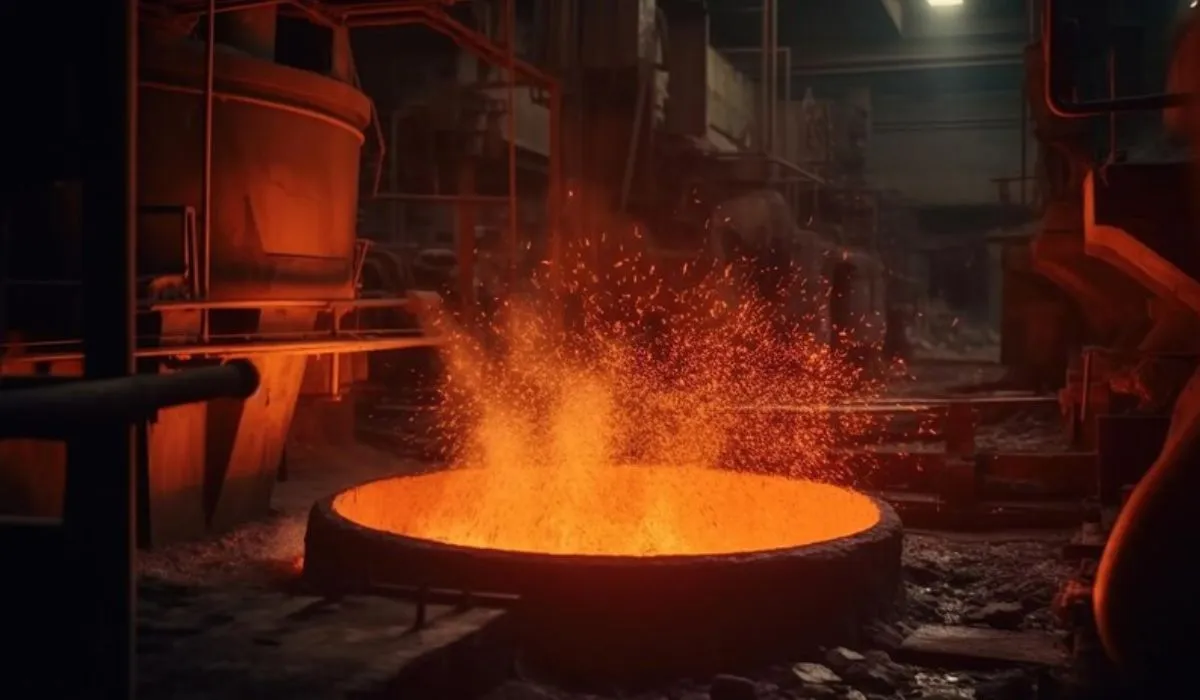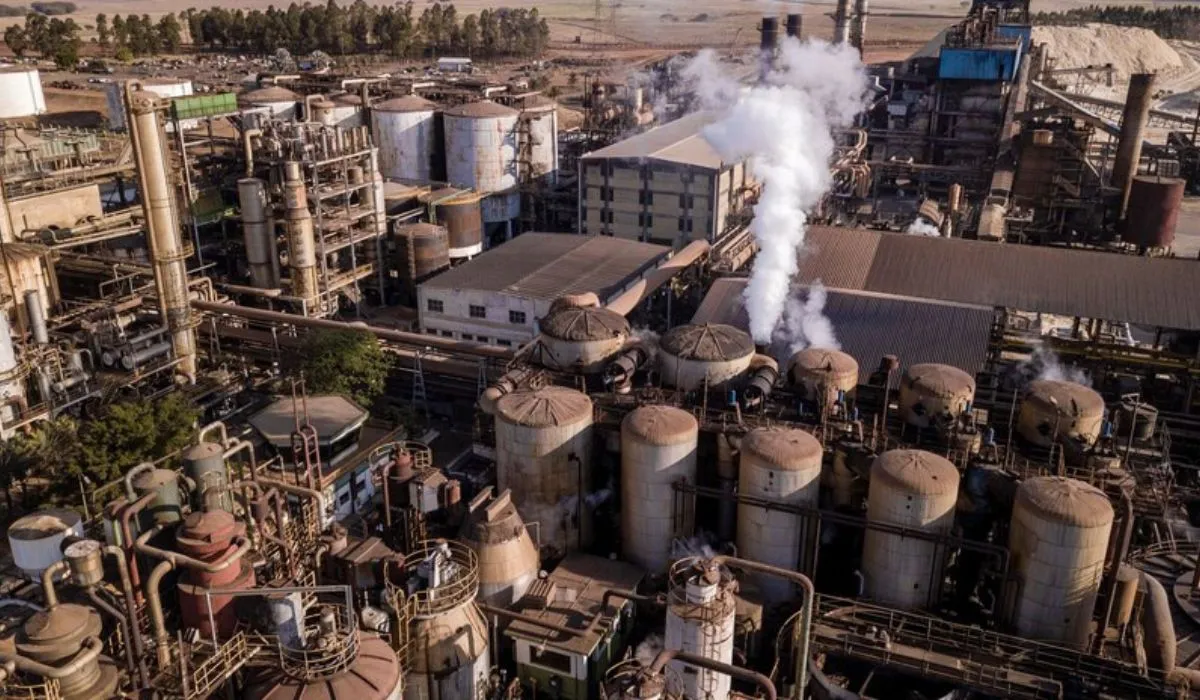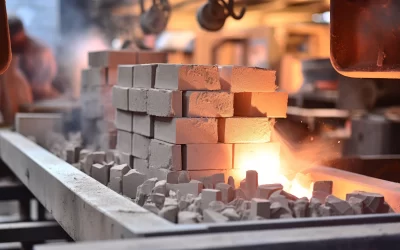Refractory materials are important components in the industrial sector, as they have to cope with extremely high temperatures and rigorous operating conditions. Refractories are essential in maintaining the integrity of industrial equipment and buildings, from steelmaking to petrochemical processing.
Understanding the qualities, kinds, and applications of refractory materials is vital for any industry attempting to optimize its high-temperature operations, given their critical importance. Refractory materials, with their thermal insulation properties and resilience to mechanical and chemical stresses, remain at the forefront of industrial innovation, solving the tremendous problems of high-temperature processes.
Let’s delve into the key considerations and strategies that contribute to the effective navigation of high-temperature challenges through refractory materials.
Understanding Refractory Materials:
Refractories are produced from natural and synthetic materials, usually nonmetallic, or combinations of compounds and minerals. These types of materials are heat-resistant materials used in various industrial processes such as in furnaces, kilns, and reactors, and for lining walls, floors, and ceilings of high-temperature equipment.
They are typically designed to withstand upto 2000°c extreme temperatures, chemical reactions, and mechanical wear. Common refractory materials include various bricks, ceramics, and castables made from alumina, silica, magnesia, and other additives.
Types of Refractory Materials:
– Fireclay Refractories
– Silica Refractories
– Magnesia Refractories
– Dolomite Refractories
– Chrome Refractories
Uses of Refractory Materials;
– Furnaces
– Kilns
– Ovens
– Incinerators-reactors
– Melting Pots
The Significance of Refractory Materials for High-Temperature Applications:
Refractory materials play a crucial role in high-temperature applications across various industries due to their unique properties and significance. Their ability to withstand extreme temperatures, resist chemical and mechanical degradation, and provide thermal insulation makes them essential in numerous industrial processes.
Without refractory materials, these industries would struggle to maintain the high temperatures required for their processes and would face significant challenges related to equipment durability, thermal efficiency, and overall safety. As a result, refractory materials are essential for ensuring the reliability, productivity, and sustainability of the industrial sector, cementing their status as a foundational component of industrial operations.
Benefits of Refractory Materials
– High Temperature Resistance
– Thermal Insulation
– Chemical Resistance
– Good Mechanical Stability
– Reduced Maintenance Cost
How Refractory Materials Overcome Industrial Challenges?

Refractory materials are successfully navigating the high-temperature challenges of the industrial sector by providing unparalleled resistance to heat, chemical corrosion, and mechanical stress. By enabling industrial processes to operate at extreme temperatures safely and efficiently, these materials contribute to increased productivity, equipment longevity, and improved operational reliability.
As a result, they play a vital role in ensuring the smooth functioning and sustained growth of diverse industrial operations, cementing their status as a fundamental component of industrial success. To meet your needs – Ganeshas Refractory got you covered. Ganeshas Refractories, a leading refractory industry have successfully navigated the challenges of industrial sectors by delivering quality-approved refractory materials.
Conclusion:
Without a doubt, refractory materials constitute the foundation of industrial industries. Refractory materials are the lifeblood of every project, whether it is in the iron, steel, refinery, or cement industries. Their capacity to tolerate severe heat, prevent chemical corrosion, and provide thermal insulation guarantees that industrial processes continue to run smoothly and efficiently.
Furthermore, the usage of refractory materials adds to extended equipment lifespan, lower maintenance costs, and improved process safety, all of which are essential to the industrial sector’s long-term and efficient operation. As a result, refractory materials are a crucial component in the success of industrial projects in a variety of industries, strengthening their position as a fundamental component of industrial processes.
Looking for the best refractory manufacturer and supplier in India? Ganeshas Refractories have a decade of experience meeting the needs of various industries. Get in touch with our team for further product details. Our team would be happy to help you with anything from fireclay bricks to high alumina bricks and refractory castables.




